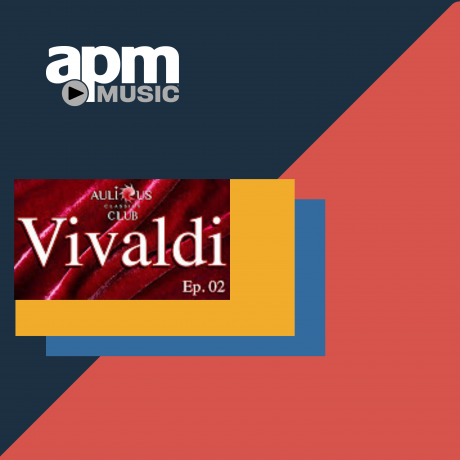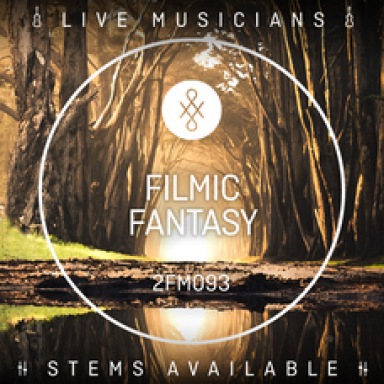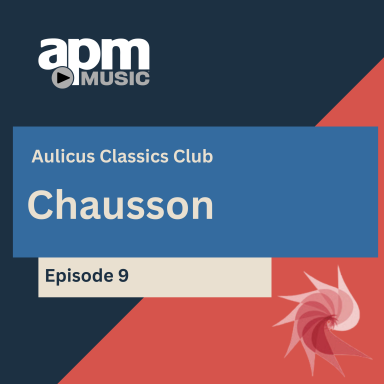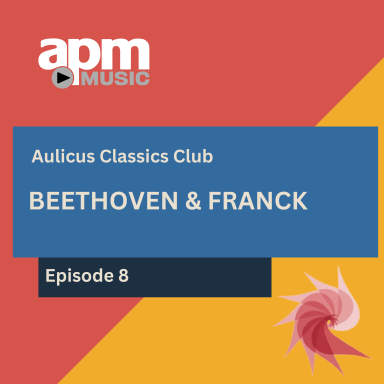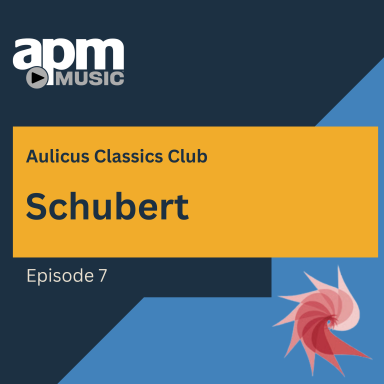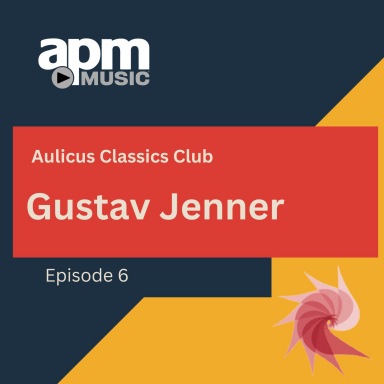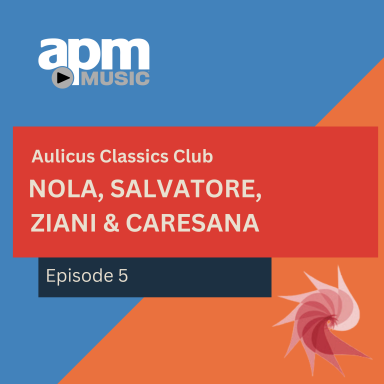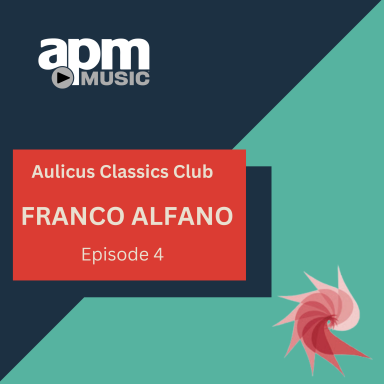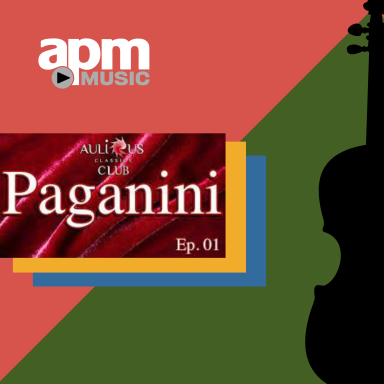Aulicus Classics Club Episode Two: The Music of Antonio Vivaldi
Aulicius Classics Club is a video series created by esteemed Italian music publisher Romano Di Bari and composer/arranger/conductor Stefano Torossi, with a sole purpose of putting a spotlight on the lives of legendary composers and their works. In episode two, Di Bari and Torossi discuss the life of Italian master Antonio Vivaldi and the album L’Estro Armonico performed by Maestro Roberto Gini and the Ensemble Concerto for Aulicus Classics.
Watch the episode now.
Listen to L’ Estro Armonico
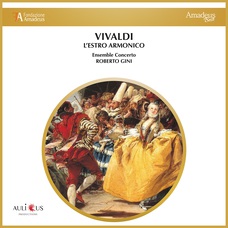
About Romano Di Bari
Italian producer and CEO at label Aulicus Classics
Romano Di Bari founded Flipper Srl Edizioni Musicali in 1972 after having developed his expertise with RCA and later with Ariston during the 60s.
About Antonio Vivaldi
- Early Life: Antonio Vivaldi was born on March 4, 1678, in Venice, Italy. He was baptized immediately after his birth due to his poor health, as it was uncertain if he would survive.
- Red Priest: Vivaldi was often referred to as the "Red Priest" due to his red hair color. He was ordained as a Catholic priest in 1703 and was known to have performed his religious duties sporadically throughout his life.
- Music Education: Vivaldi's father, Giovanni Battista, was a professional violinist, and he taught his son to play the violin. Antonio became a skilled violinist at an early age and later studied composition and counterpoint with renowned composers in Venice.
- The Four Seasons: Vivaldi's most famous and influential work is "The Four Seasons" (Le quattro stagioni). Composed around 1723, it is a set of four violin concertos, each representing a different season. It remains one of the most frequently performed and recorded works in the classical repertoire.
- Music for Orphaned Girls: Vivaldi served as the maestro di violino (master of violin) at the Ospedale della Pietà, an orphanage for girls in Venice. He worked there for most of his life and composed most of his music for the students, including many concertos, sacred music, and operas.
- Opera Composer: In addition to his instrumental music, Vivaldi composed around 46 operas. Although his operatic works were highly popular during his lifetime, they fell into obscurity after his death and were only rediscovered and revived in the 20th century.
- The "Vivaldi Effect": Vivaldi's music was highly innovative for his time. He was known for his virtuosic violin writing, rhythmic complexity, and use of descriptive elements in his compositions. His works had a profound influence on the development of the concerto form and influenced later composers, including Johann Sebastian Bach.
- Manuscript Rediscovery: Vivaldi's music fell into relative obscurity after his death in 1741, and his manuscripts were scattered across various archives and libraries. In the 20th century, there was a resurgence of interest in his music, and many of his works were rediscovered and published.
- Musical Legacy: Vivaldi's music has had a lasting impact on classical music. His compositions continue to be widely performed and admired today, and his innovative approach to music has earned him a place among the greatest composers of the Baroque era.
- Personal Life and Death: Vivaldi lived a modest and solitary life. He never married and had no known children. After a period of declining health, he died in Vienna, Austria, on July 28, 1741, at the age of sixty-three. He was buried in a simple grave, and his music was forgotten until its rediscovery centuries later.
